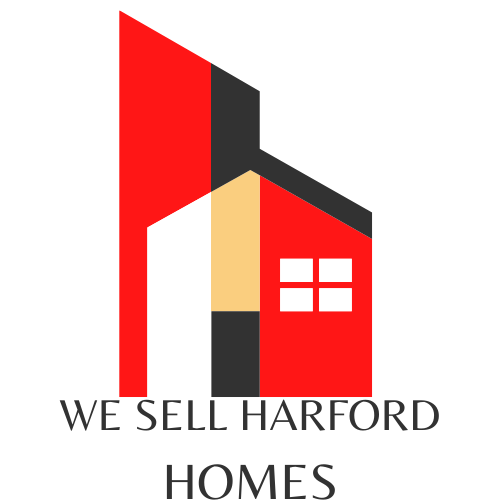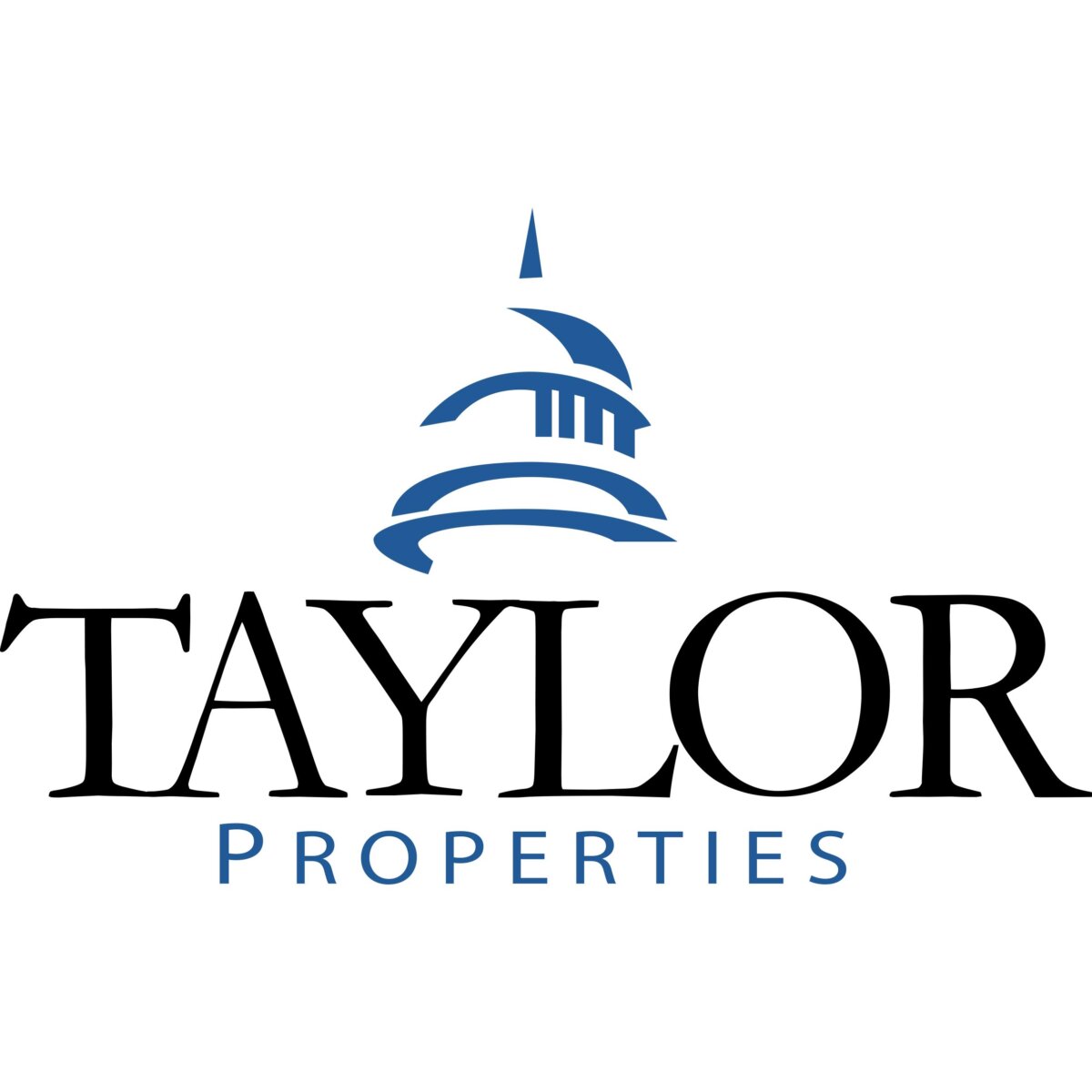
Manufactured homes, also known as mobile homes or trailers, are a popular housing option in many parts of the United States, including Harford County. They offer a more affordable alternative to traditional stick-built homes and can provide a convenient option for those who want to own their own home without breaking the bank. However, like any housing option, there are pros and cons to buying a manufactured home in Harford County. In this blog post, we’ll explore 10 of them to help you make an informed decision.
Pros:
1. Affordability
One of the biggest advantages of buying a manufactured home in Harford County is affordability. Manufactured homes are generally less expensive than traditional stick-built homes, making them a great option for first-time homebuyers or those on a tight budget.
2. Customization
Manufactured homes come in various floor plans and designs, allowing homeowners to customize their homes to their liking. This includes the ability to choose from a variety of finishes, appliances, and fixtures to create a home that truly reflects their style.
3. Energy Efficiency
Many manufactured homes are built with energy-efficient features, such as double-paned windows, high-efficiency HVAC systems, and insulation. This can help homeowners save money on their energy bills and reduce their carbon footprint.
4. Quick Construction
Manufactured homes can be built much faster than traditional stick-built homes. This means that homeowners can move in sooner and start enjoying their new home right away.
5. Lower Maintenance
Because manufactured homes are built in a factory, they tend to have fewer maintenance issues than traditional stick-built homes. This is because the construction process is tightly controlled, which reduces the risk of errors or defects.
6. Mobility
Manufactured homes are built on a chassis and can be moved from one location to another. This can be a great advantage for those who want the flexibility to move their home if they need to.
7. Financing
Manufactured homes can be easier to finance than traditional stick-built homes. This is because they are often classified as personal property, which can make them eligible for different types of financing options.
8. Community Amenities
Many manufactured home communities offer a range of amenities, such as swimming pools, playgrounds, and fitness centers. This can be a great advantage for those who want to enjoy the benefits of a community without the high cost of traditional homeownership.
9. Resale Value
While manufactured homes may not appreciate in value as quickly as traditional stick-built homes, they still have resale value. This means that homeowners can recoup some of their investment if they decide to sell their home in the future.
10. Accessibility
Manufactured homes can be designed to be more accessible than traditional stick-built homes. This can be a great advantage for those who have mobility issues or disabilities.
Cons:
1. Quality Control
While the construction process is tightly controlled, there is still the risk of defects or errors. This can result in issues such as leaks, electrical problems, or other maintenance issues.
2. Depreciation
Manufactured homes tend to depreciate in value more quickly than traditional stick-built homes. This means that homeowners may not be able to recoup as much of their investment as they would with a traditional home.
3. Financing Challenges
While there are financing options available for manufactured homes, they may not be as readily available as they are for traditional stick-built homes. This can make it more challenging for some homeowners to secure financing.
4. Limited Options
Manufactured homes may offer customization options, but these options may be more limited than what is available for traditional stick-built homes. This can result in a home that feels less unique or personalized.
5. Land Ownership
In many cases, homeowners who purchase a manufactured home also need to purchase the land it sits on. This can be a significant expense and can make it more challenging for some homeowners to afford a manufactured home.
6. Mobility Restrictions
While the mobility of a manufactured home can be an advantage, it can also be a disadvantage. Some communities may have restrictions on where manufactured homes can be placed, which can limit the flexibility of homeowners.
7. Resale Value
While manufactured homes do have resale value, this value may be lower than what homeowners expect. This can make it more challenging to recoup their investment if they decide to sell their home in the future.
8. Zoning and Permitting
Manufactured homes may be subject to different zoning and permitting requirements than traditional stick-built homes. This can result in additional fees or restrictions that homeowners need to navigate.
9. Stigma
There is still some stigma attached to owning a manufactured home, which can make it more challenging for homeowners to sell their homes or get financing.
10. Limited Appreciation
While a manufactured home may appreciate in value over time, they generally do not appreciate as quickly or as much as traditional stick-built homes. This can limit the potential return on investment for homeowners.
Buying a manufactured home in Harford County can be a great option for those who want an affordable, customizable, and energy-efficient home. However, it’s important to consider the potential downsides, such as depreciation, financing challenges, and limited options, before making a decision. By weighing the pros and cons and doing your research, you can make an informed decision and find the home that’s right for you. Have a question about buying a manufactured home in Harford County? Reach out to our team for help! 443-616-5486

